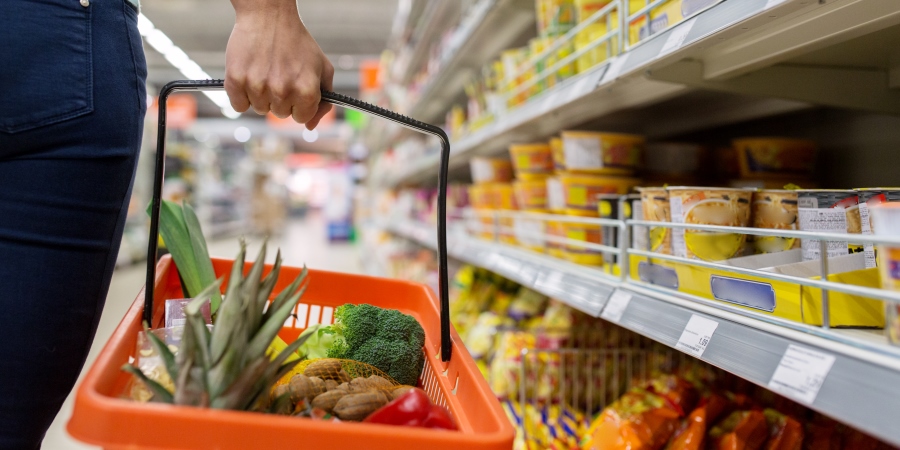Failing to reach a Brexit deal could cost food retailers and the supply chain £9.3 billion, according to a new Barclays Corporate Banking report.
The new Barclays report, Scale, Disruption and Brexit – a new dawn for UK food supply chains? shows that in a no-deal Brexit, the food industry would be affected by a new average tariff of 27% on food and drink goods entering from the EU.
Additionally, every consignment of goods from the EU will require a customs declaration which starts at a minimum of £50.
Last year, the UK imported £48 billion worth of food and drink, approximately 40% of the total UK market.
Of these, 71% originating from within the EU entered the UK free of customs duties and other trade costs.
A no-deal Brexit would reportedly impose significant costs on food retailers, with varying tariffs for different types of products.
For example, the Barclays report shows that fully processed food and drink products will attract the highest tariff rate of 31% compared to 29.5% for semi-processed food and drink and 9.7% for primary products and raw materials like bananas.
Hardest hit will be those products that attract both a category tariff as well as a specific duty tariff, such as frozen beef with a specific duty of 298%.
Common cooking products also face steep duties including beef cuts at 101% and garlic at 71%.
As the pace of life becomes busier, shoppers are visiting stores more often, with trips up 14.3% from 2013 to 2018, but buying less per visit, with average spend down 8.5% during the same period.
According to the Barclays report, the convenience sector has been growing at an above-average rate, at 10% over the past four years compared to 7.1% for the industry – and is now worth £40bn.
The report concludes that consumers have turned to discount food retail outlets such as Aldi and Lidl, leading to the ‘Big Four’ facing a nearly 10% decline in market share since 2011.
Ian Gilmartin, head of retail at Barclays Corporate Banking, comments: “The food and drink industry is one of the country’s most important sectors, employing millions of people across the UK.
“For the good of both UK business and consumers, the potential impact on our producers and grocery retailers should be front and centre of Brexit negotiations.
“Some products would avoid tariffs, even in a no-deal scenario, but for most goods the effect of an increased tariff burden would be extremely damaging, and cheaper goods would be the hardest hit.”









